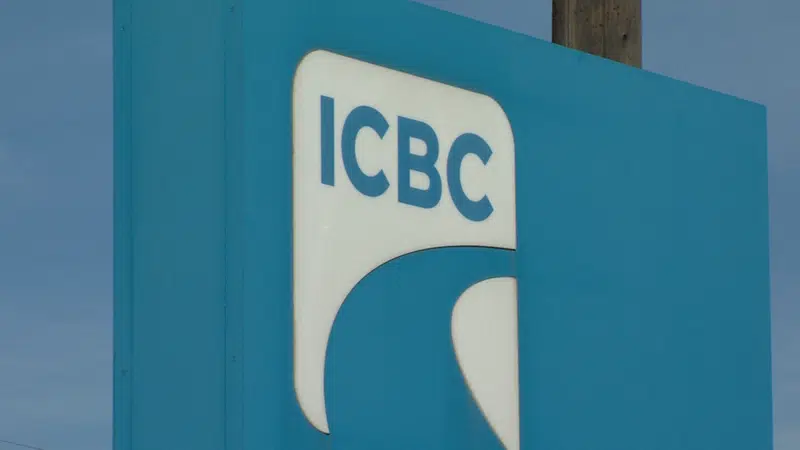
Trial Lawyers Association of BC concerned ICBC changes would leave drivers to fend for themselves in compensation claims
VICTORIA — The Trial Lawyers Association of BC says the latest plan from the provincial government to save ICBC customers money could leave many British Columbians at risk.
Premier John Horgan and Attorney General David Eby announced on Thursday (Feb. 6) that the plan to bring some no-fault style policies to ICBC could save an average of $400 per driver. The BC Government also announced that there won’t be an increase to the basic insurance rate next year.
To get these savings, ICBC would now provide care for people seriously injured in a vehicle incident, and remove the need for people to hire a lawyer for an injury settlement. (According to the province, ICBC spends $1.3 billion on injury claims, $960 million goes towards legal costs, and $940 million is spent for pain and suffering payouts.)
The Ministry of the Attorney General says under the new system, ICBC’s main job would be to care for people who are injured, and hold the at-fault drivers accountable through premium increases.


